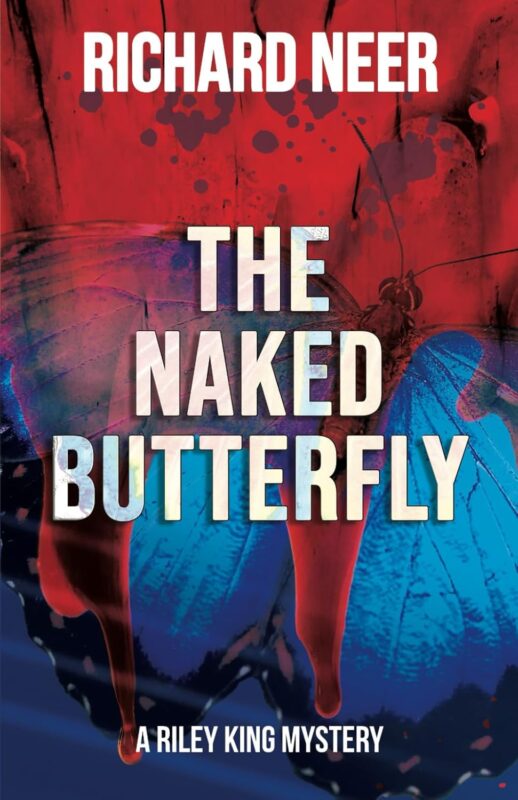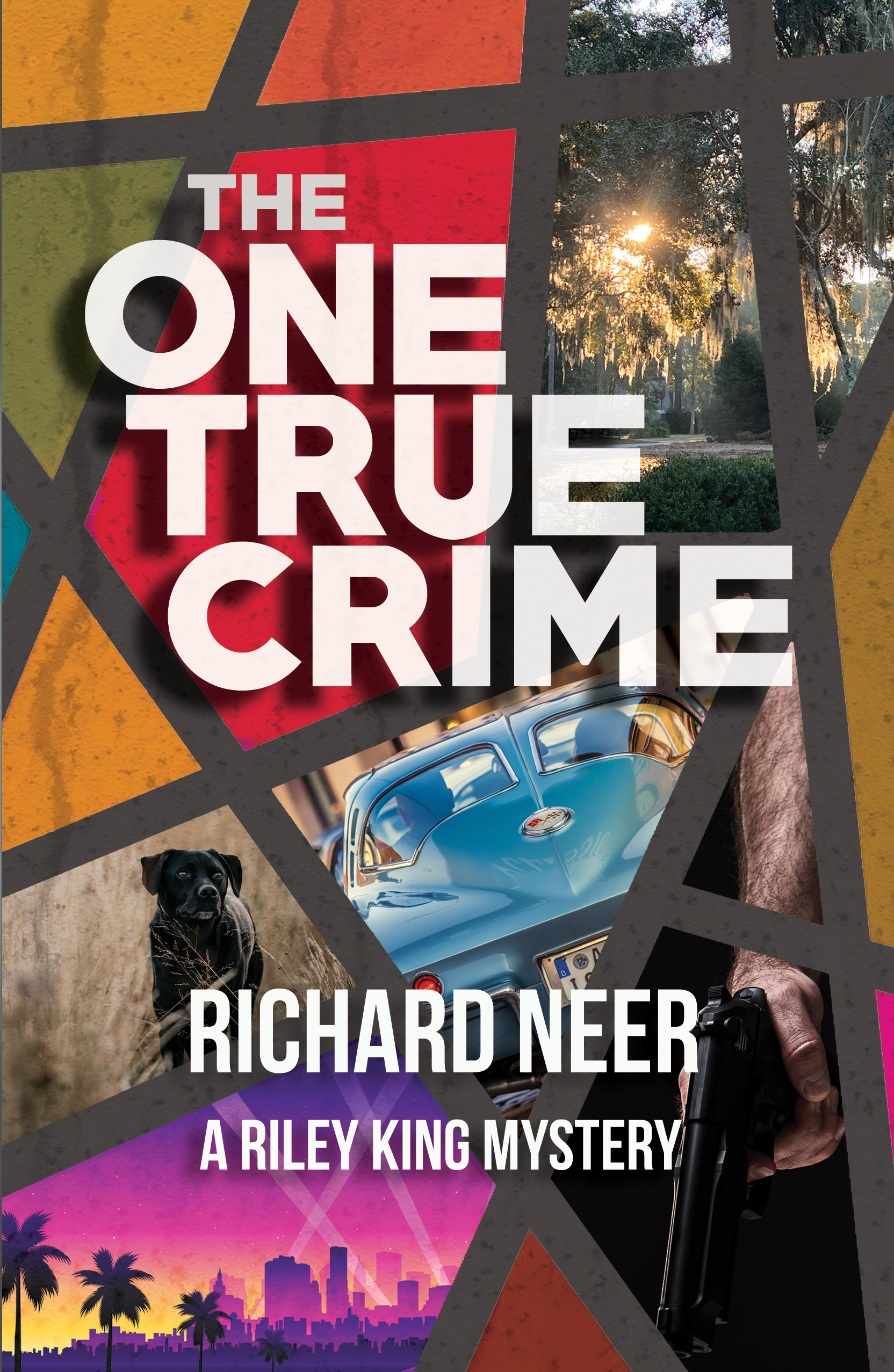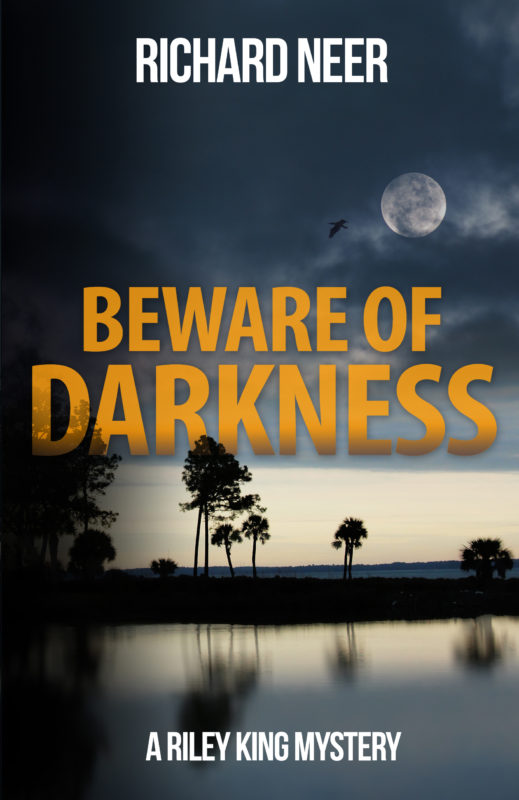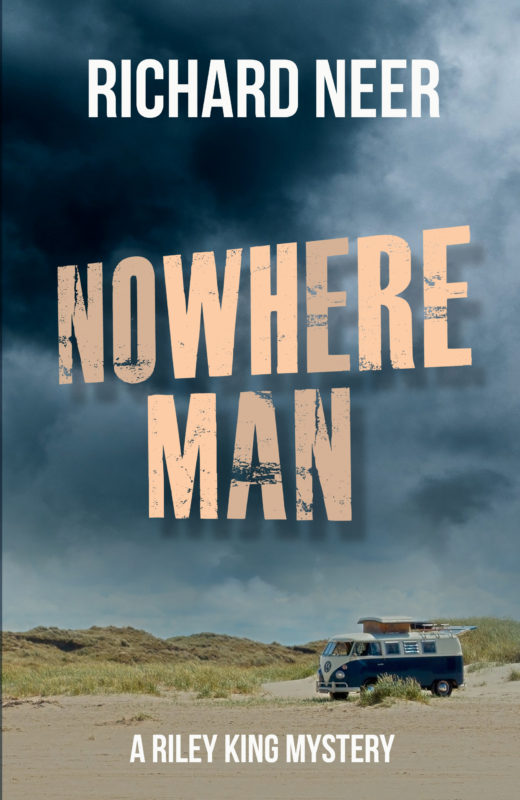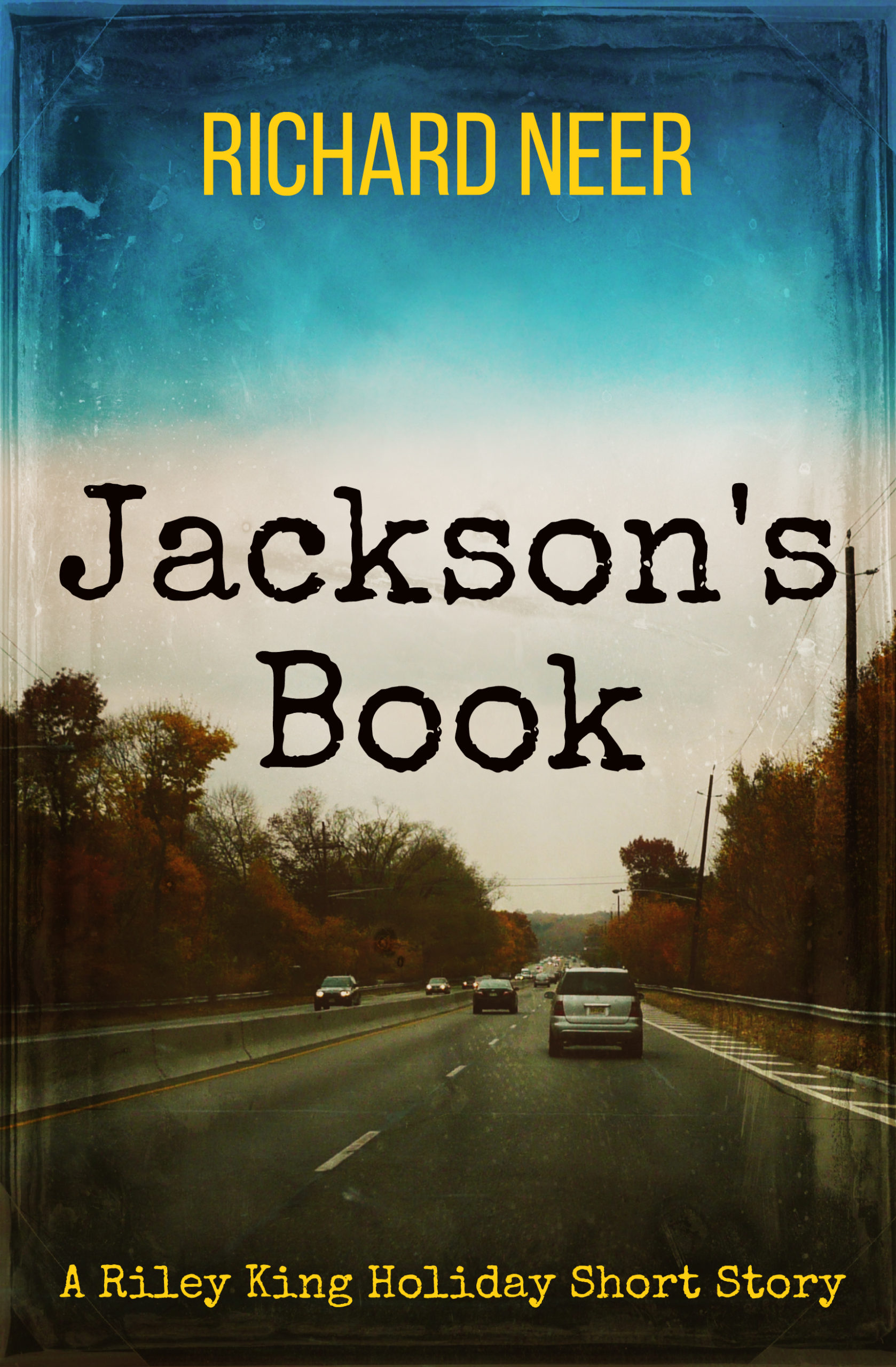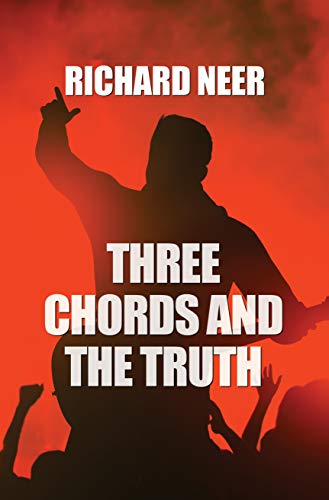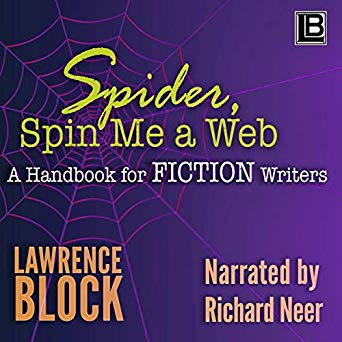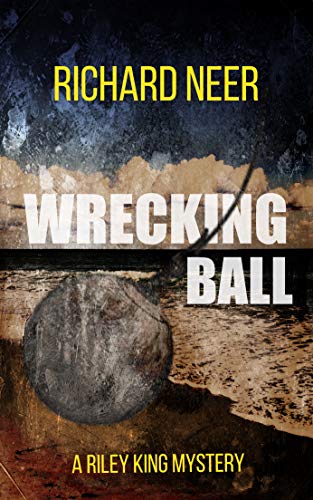Spontaneity is overrated. Greats like Frank Sinatra and Bob Dylan are legendary for eschewing multiple efforts designed to hone the original performance. Orson Welles once responded to a producer, “the proper reading is the one I’m giving you.” There is a famous outtake of Bill Shatner humbling a young producer by giving him exactly the reading he asked for, instead of his own spot-on first attempt.
But these are exceptions. The examples cited are unique in that they possess the rare genius to get it exactly right the first time. (Thanks, Billy Joel) Most humans lack the skill to nail it on the first take, in whatever venture we pursue.
I learned this the hard way. WNEW-FM was all improv. Usually, we would drift in five minutes before airtime, scan the previous jock’s music sheet and cue up our first song on the old Gates turntable. Once in a while, we’d have an idea for a special open, or a plan for a set later in the show. For the most part though, it was off the cuff, spontaneous.
That sometimes made for great radio. The emotion of the moment, the passion springing from the gut created highs that were memorable. However, very often the lack of preparation resulted in self indulgent blather. Those highest highs were accompanied by unlistenable lows.
A turning point came when Metromedia hired a consultant. In his first meeting with the staff, most were indignant when he suggested that we prepare our remarks in advance, working from notes or God forbid! a script. He even had the temerity to ask that we pre-record some bits.
That meeting marked the beginning of the end of our free form days, commercialism intruding on our art. But in retrospect, I see how arrogant, lazy and slipshod we were becoming. Our “raps” had no beginning, middle and end — they often wandered aimlessly until we were tired of our own voices.
Many podcasters just start babbling with no set plan. This happens even on commercial talk radio and sports play by play. Fleshing out your own personality is important, just like character traits in a novel helps the reader sympathize with the protagonist. But this requires consideration as to what character points you are revealing. Your media persona should reflect a refined version of your real personality that the listener can identify with. Who cares where a TV color man is planning to have dinner unless you make it relatable to the audience? A successfully entertaining stream of consciousness requires a special genius that few possess, and even they might suffer inconsistent quality. Frank and Bob have had their flops.
The nature of talk radio demands quick wit and the ability to speak ex-extemporaneously. But rules and structure are necessary — a degree of formatting. This isn’t to say that rules should never be broken. Extreme rigidity is just as bad and risks being dull and predictable.
But as that long ago consultant put it, “Do you think Johnny Carson ad-libs his monologues?” Of course, we’re not talking about the huge audience and big dollars at stake on The Tonight Show with our smaller ventures. But the idea that no planning or  rehearsal is needed for internet material almost guarantees its failure.
rehearsal is needed for internet material almost guarantees its failure.
When I write novels, I don’t outline. But I edit and re-edit dialogue, change characters and plot lines to the point where the final version bears little resemblance to the original. It is possible to edit the life out of a work. But to scribble down a first take and release it to the paying public without polishing shows arrogance and disrespect for the reader. We owe our radio and blogging followers at least as much. Even Duncan will tolerate only so much of my feckless ramblings.
